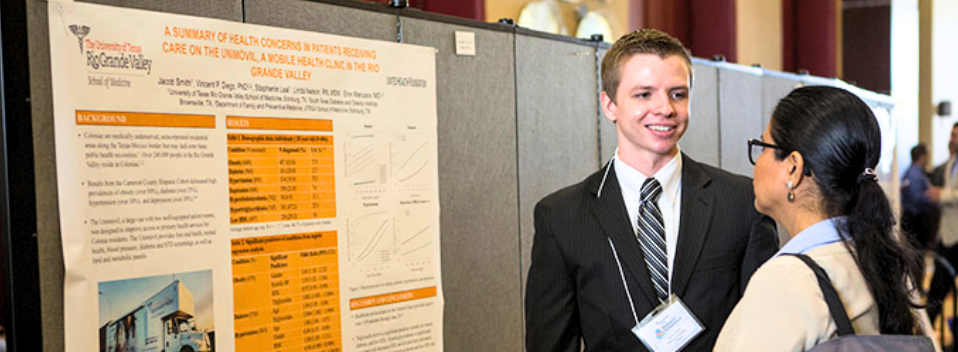MEDI 8127 Scholarly Activities Pre-Clerkship
Document Type
Article
Publication Date
2023
Abstract
Prescription drug spending on generics has increased drastically in recent decades. Now, with over ninety percent of dispensed prescriptions in the United States being generic, there is a greater need to create strong legislation to prevent exorbitant financial burdens on patients. These burdens lead to decreased compliance with their needed prescription drugs and increased sacrifices of healthy lifestyle choices to accommodate for increased prices. Ultimately, the health risks compound, further affecting individuals’ physical and mental health and causing worse health outcomes. Prescription drug spending can be managed by addressing barriers to affordability, including shortages, price gouging, and abuse by brand-name drug manufacturers and pharmacy benefit managers. The Inflation Reduction Act, FAIR Drug Pricing Act, and Pharmacy Benefit Manager Reform Act are important bills that have been proposed but have yet to make significant headway toward passing into law. More federal support is needed for federally-backed and trusted non-profit manufacturers to create generic products that compete with the private market. Such a solution will help increase competition and encourage the creation of a stable supply chain. Furthermore, amending current legislation to respond to the exploitations performed by brand-name drug manufacturers and pharmacy benefit managers by increasing transparency of pricing and practice will serve to improve access and affordability of generic prescription drugs. My policy recommendation is to tackle these challenges comprehensively and integrate these solutions for a more pronounced improvement in generic drug pricing.
Recommended Citation
Namboodiri, Surya, "Policy Proposal to Improve Access and Affordability of Generic Prescription Drugs" (2023). MEDI 8127 Scholarly Activities Pre-Clerkship. 49.
https://scholarworks.utrgv.edu/som8127/49
Academic Level
medical student


